THE CONFERENCE IDENTITY
Organizations
Organizations
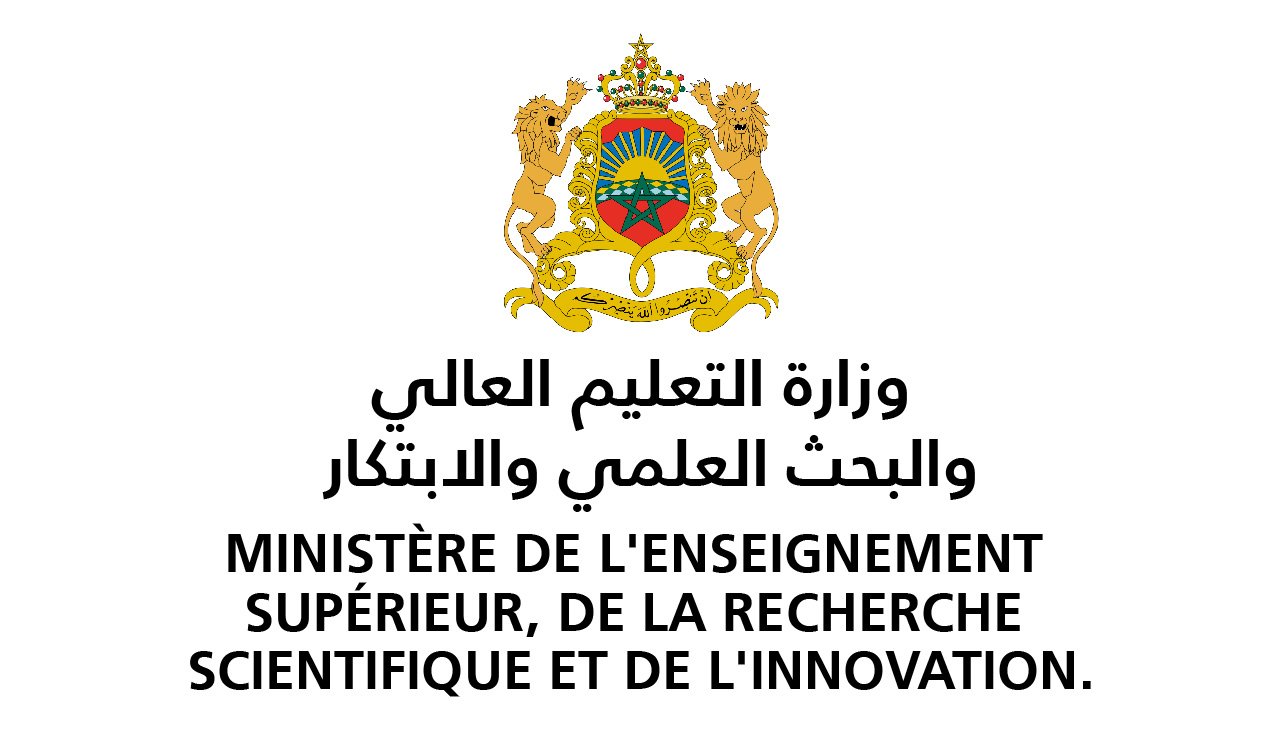
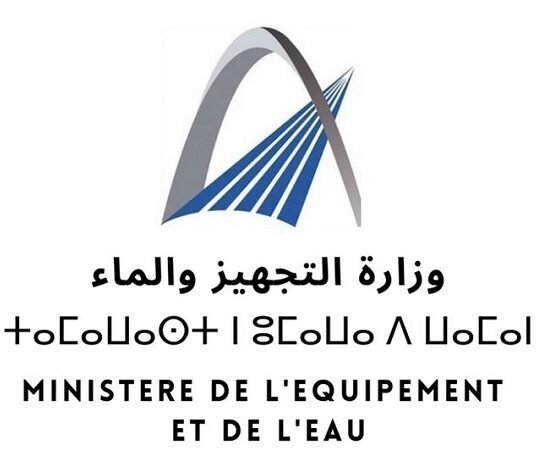
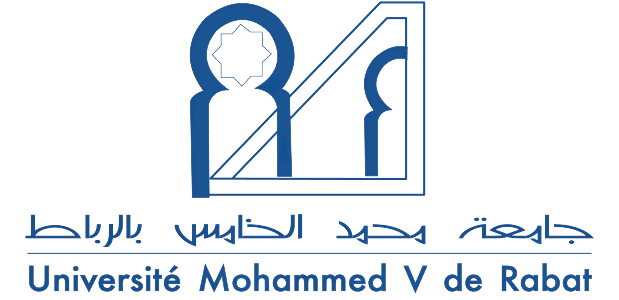




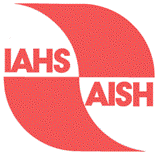
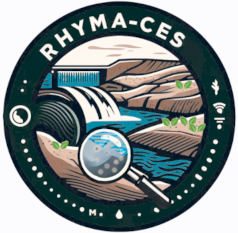
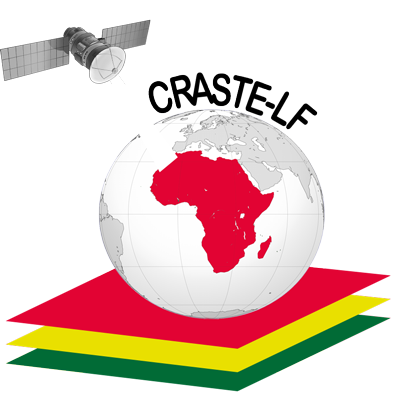
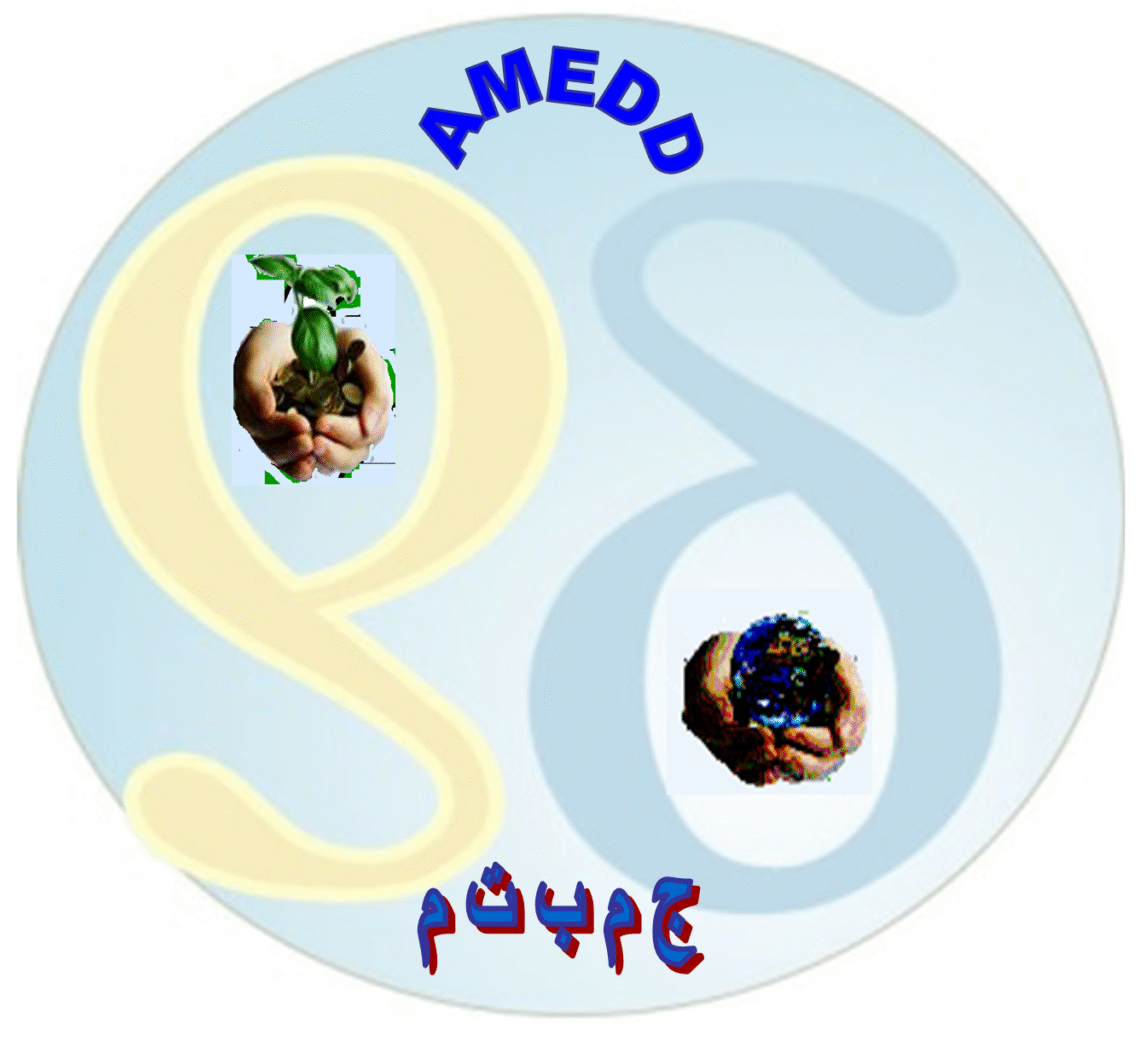
Context and Water Challenges in Africa
In Africa, water resources are under increasing pressure due to climate change, rapid population growth, and accelerating economic development. In this context, a detailed understanding of climates, hydrological regimes, and their spatial and temporal variability is an essential prerequisite for any sustainable management strategy and forward-looking water resources planning.
History and Development of a Pan-African Scientific Community
Previous editions of the international conferences held in Hammamet (2015), Dakar (2016), Algiers (2018), and Cotonou (2021) have contributed to the structuring of an African hydrological research network focused on the continent’s rivers and streams. This network, supported by the FRIEND-Water programme of UNESCO’s International Hydrological Programme (IHP) and the International Association of Hydrological Sciences (IAHS), has enabled the sharing of methods, tools, and data, and has promoted a better understanding of tropical and semi-arid hydrological regimes.
Positioning of the 5th Edition in a Renewed Scientific Landscape
This fifth edition is taking place within a changing international scientific environment, notably marked by the creation of the IAHS Africa Committee, which actively supports the event. This institutional structuring enhances the visibility of African hydrological research within the global scientific community and provides a strategic framework for promoting regional scientific output.
Thematic Areas and Scientific Focus
- Basin hydrology: from the study of large transboundary river basins to small catchments, including multi-scale approaches tailored to physical modelling.
- Fine-scale hydrological processes: analysis of local dynamics, essential for the development of high-resolution models.
Emerging Priority Topics
- Water quality and health: assessment of microbiological risks and innovative treatment methods.
- Ecohydrology: integration of ecological processes into integrated water resources management.
- Groundwater: resource quantification, quality issues linked to agriculture, and its role in water supply for populations.
- Sediment fluxes and erosion: from origin to impacts on reservoirs, the carbon cycle, and the vulnerability of coastal zones (coastal retreat).
Technological Innovations and Monitoring
- Remote sensing and artificial intelligence: for hydrological observation, modelling, and forecasting.
- Low-cost sensors and citizen science: development of decentralized monitoring networks and involvement of local communities.